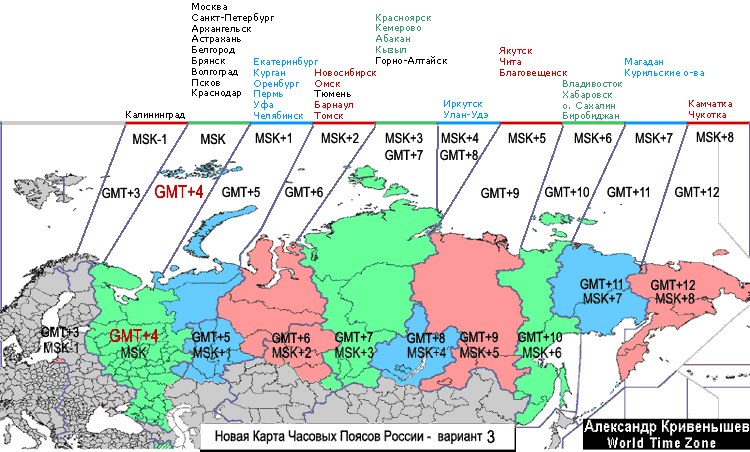

Just remember that you'll need toĬheck with your travel agent or with a guide book to find out if Daylight Saving Time is practicedĬoordinated Universal Time (or UTC) is based on atomic time. Zone Map courtesy of HM Nautical Almanac Office, Time zones for countries around the world can be determined with So the eclipse will begin at 16:25 (=4:25pm) local time. Saving Time in June, we must ADD one more hour to the above Pacific Standard Time (PST) = UT - 8 hoursĮffect in the time zone, you must ADD one hour to the aboveįor example, let's assume that an eclipse begins in Toledo, Ohio Mountain Standard Time (MST) = UT - 7 hours For North Americans, the conversion from UT to local time is as follows:Ītlantic Standard Time (AST) = UT - 4 hoursĮastern Standard Time (EST) = UT - 5 hoursĬentral Standard Time (CST) = UT - 6 hours In order to convert eclipse predictions from UT to local time, you need to know what time zone you are in.

Like most other astronomical calculations, eclipse predictions are usually presented in terms of Universal Time. It's also approximately equal to mean solar time from Greenwich. Universal Time is actually based on the mean sidereal time as measured in Greenwich, England. Although their exact definitions differ, most readers can assume that Universal Time is equivalent to Greenwich Mean Time or GMT. Universal Time or UT is the precise measure of time used as the basis for all civil time-keeping. Finally, we can measure time through the oscillations of atoms (International Atomic Time). Or we can measure time based on the rotation of Earth on its axis with respect to the stars (Universal Time). For instance, we can measure the passage of time via the orbital motion of Earth and other planets in the solar system (Dynamical Time). Time can be measured in a number of ways.


 0 kommentar(er)
0 kommentar(er)
